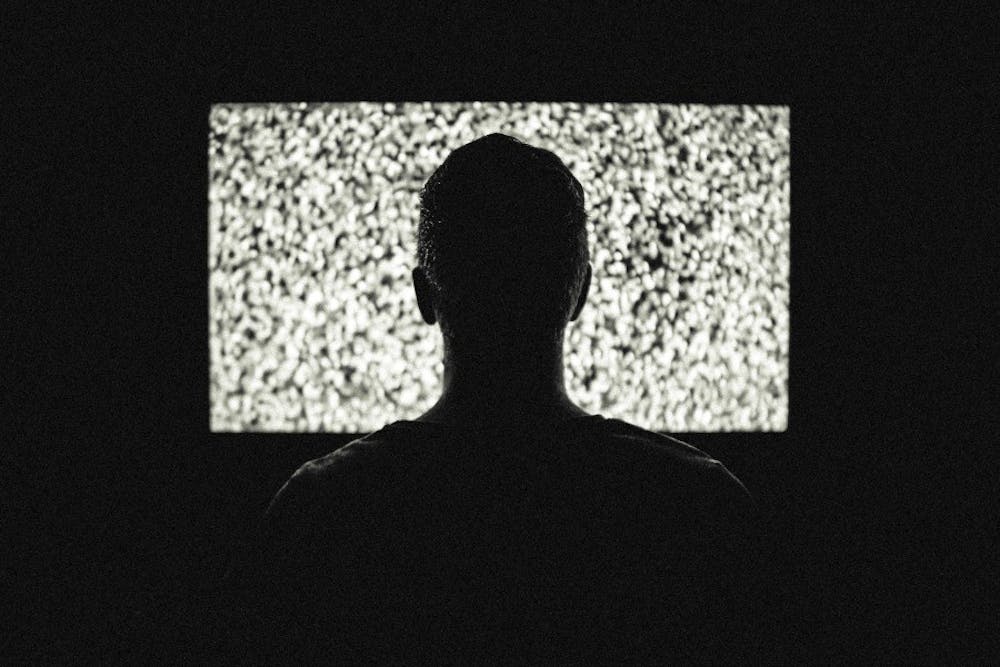The things we watched, listened to and streamed before watching the 88th annual Academy Awards on Sunday night.
"THE HAUNTED LIFE" BY JACK KEROUAC
The backstory of one of Kerouac's many works long thought lost is almost as interesting as the text itself. Kerouac himself thought he lost it in a NYC cab, but it turns out he probably misplaced it in Allen Ginsberg's Columbia dorm room. I finished the 80-ish page novella in a single Saturday sitting - an easy feat even for a notoriously slow reader like myself. The prose, one reviewer said, glides along. The book's protagonist is at a crossroads, whiling away a Massachusetts summer and trying to decide what it means to "make something of oneself" before returning to college for his sophomore year. Set in 1940, when America itself was at a crossroads, this work captures perfectly a collegian's inner monologue, struggling with that interminable question of why? - trust me, I've had that same monologue recently. (Reis Thebault, outgoing editor-in-chief)
"BETTER CALL SAUL" SEASON TWO
I am now three episodes into the "Breaking Bad" prequel/spin-off, and I couldn't be enjoying it more. Go into it expecting "Breaking Bad" 2.0 and you will be disappointed. Go into it expecting another work of art by Vince Gilligan and you will be ecstatic. This second season explores the transition of Jimmy McGill, small-time elder lawyer, to the infamous Saul Goodman, big-time, morally flexible, "dirty lawyer." You also learn the history of Mike Ehrmantraut, ex-cop senior citizen who just can't give up the criminal life. Intermittent suspense, subtle (or not-so-subtle) humor and stunning cinematography makes this show a must-watch, especially for you "Breaking Bad" die-hards out there. You'll be waiting eagerly on the edge of your couch every Sunday night. (Connor Moriarty, photo editor)
"ON BEING WITH KRISTA TIPPETT"
If you're looking for a new podcast to rev up your synapses, then "On Being with Krista Tippett" is what you need. The podcast, guided by Tippett's easy-going, but probing questions, explores what it means to be human and how we ought to live. Tippett talks to Buddhists, secularists, scientists and everyone in between to try to illuminate those questions. To get you started, one of my favorite episodes is "The Courage to be Vulnerable" with research professor Brene Brown, about shame and our relationships with the opposite gender. (Brett Milam, online editor)
"WHAT ANNA STUBBLEFIELD BELIEVED SHE WAS DOING" BY DANIEL ENGBER, FOR THE NEW YORK TIMES MAGAZINE
Following his long-form story in October for the NYT Magazine, "The Strange Case of Anna Stubblefield," Daniel Engber continues to cover the court battle in which a professor of ethics at Rutgers University is accused and convicted of raping a severely disabled student in her campus office. Despite being found guilty last fall for two counts of aggravated sexual assault and sentenced to 12 years in prison, Stubblefield continues to claim she and the student are in love, and that the sex was consensual. But said student has cerebral palsy and can neither talk nor care for himself. Engber's original story, like his latest, is riveting, well-researched and powerfully written - and the kicker? The story is based almost entirely on court records and testimony. It's worth the long read (and it is a long one), both for the quality of the writing and the peculiar nature of the story itself. In his recent coverage of the case, Engber discusses the five-page letter Anna wrote to the judge presiding over her case, as well as other developments since the October decision. (Emily Tate, managing editor)

